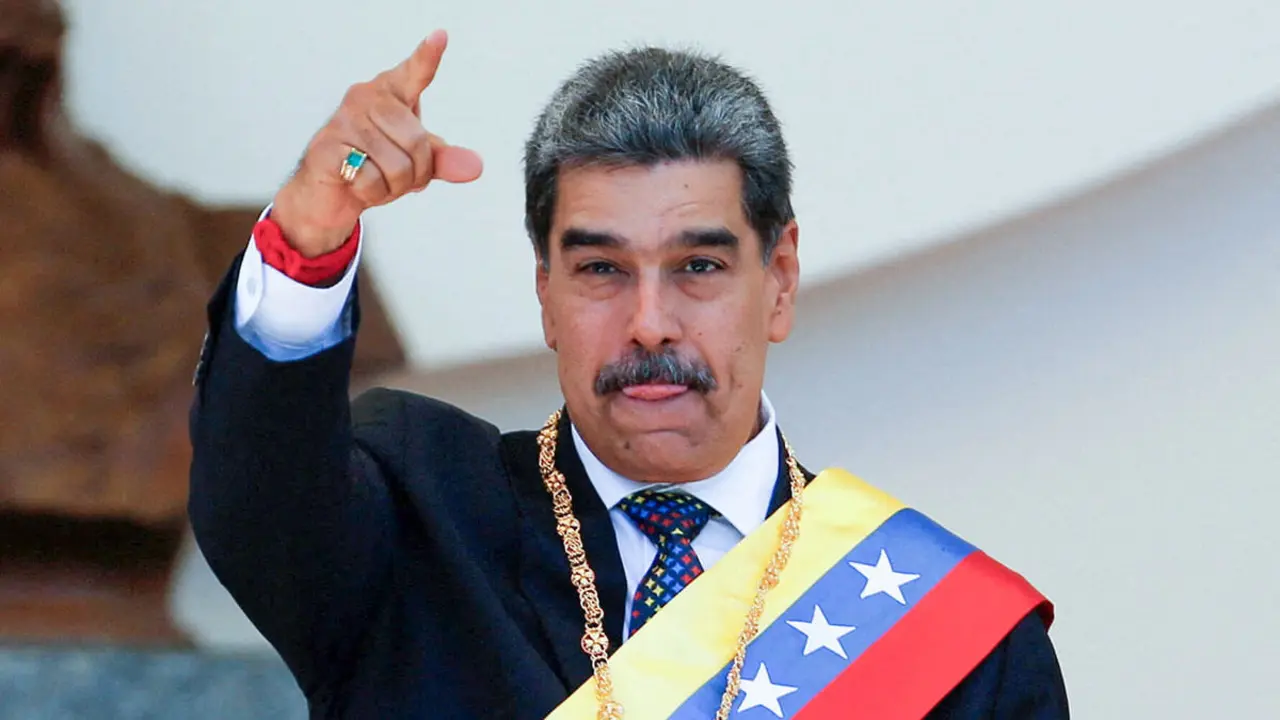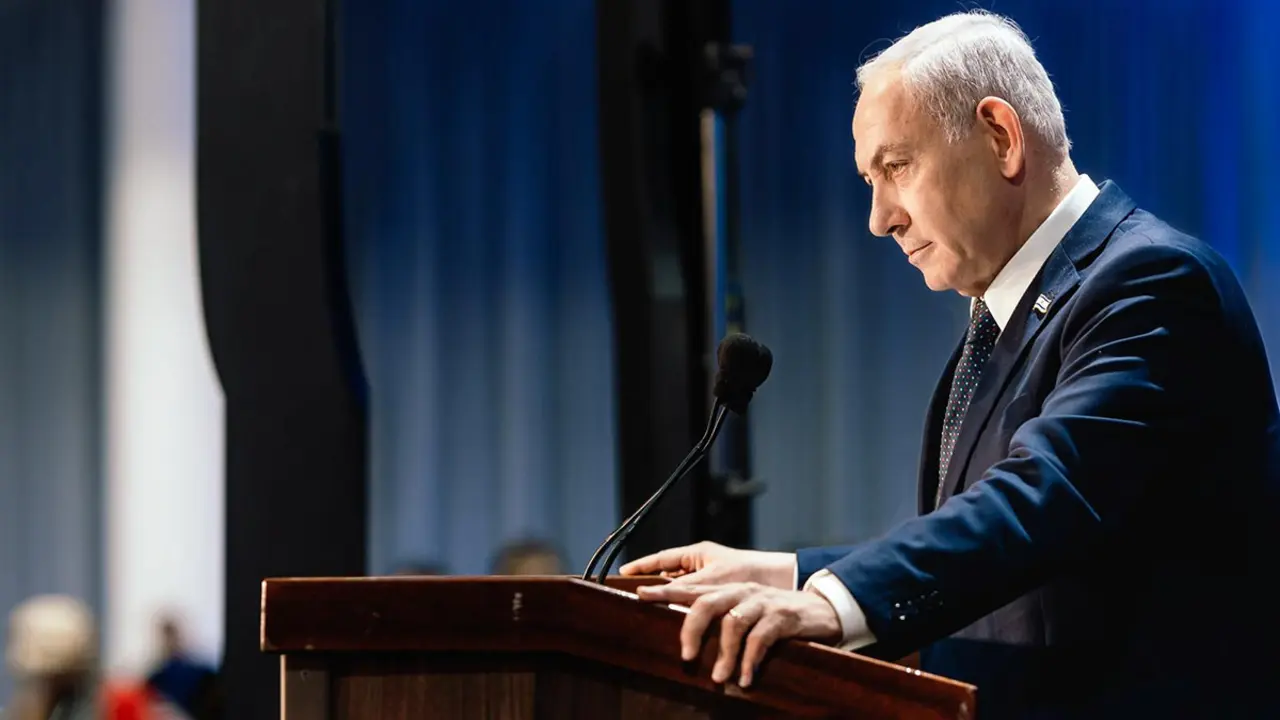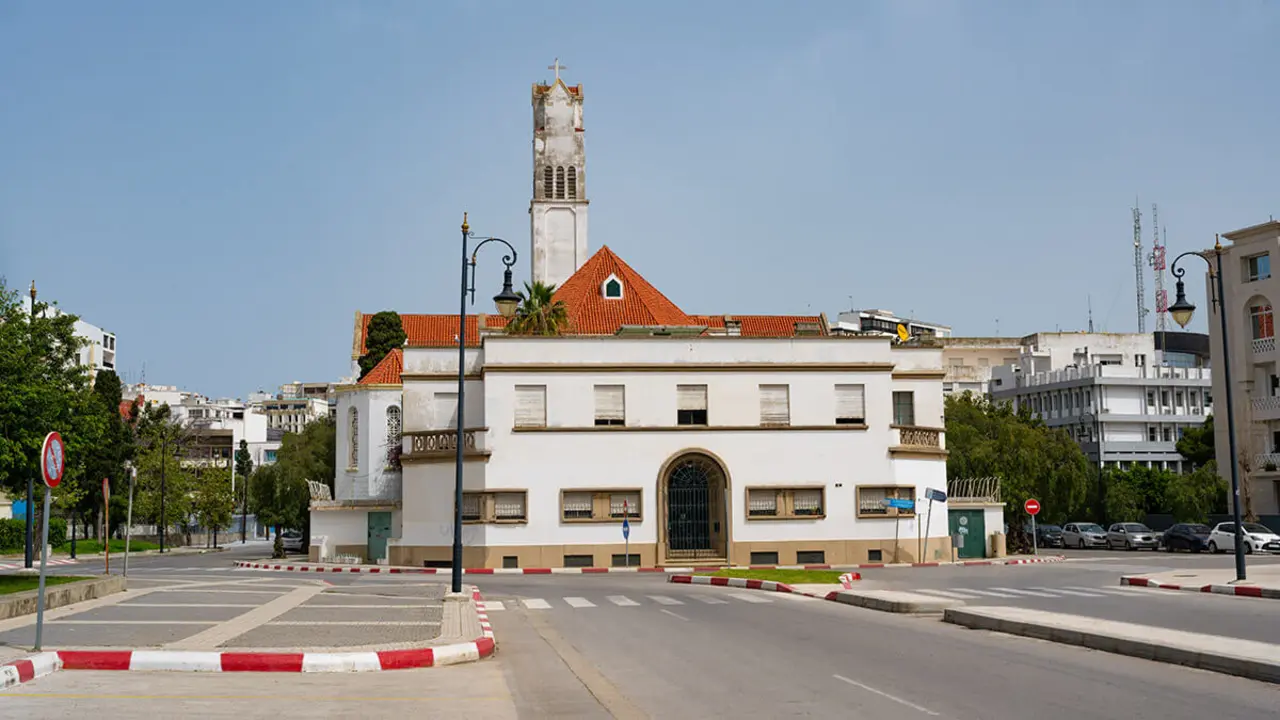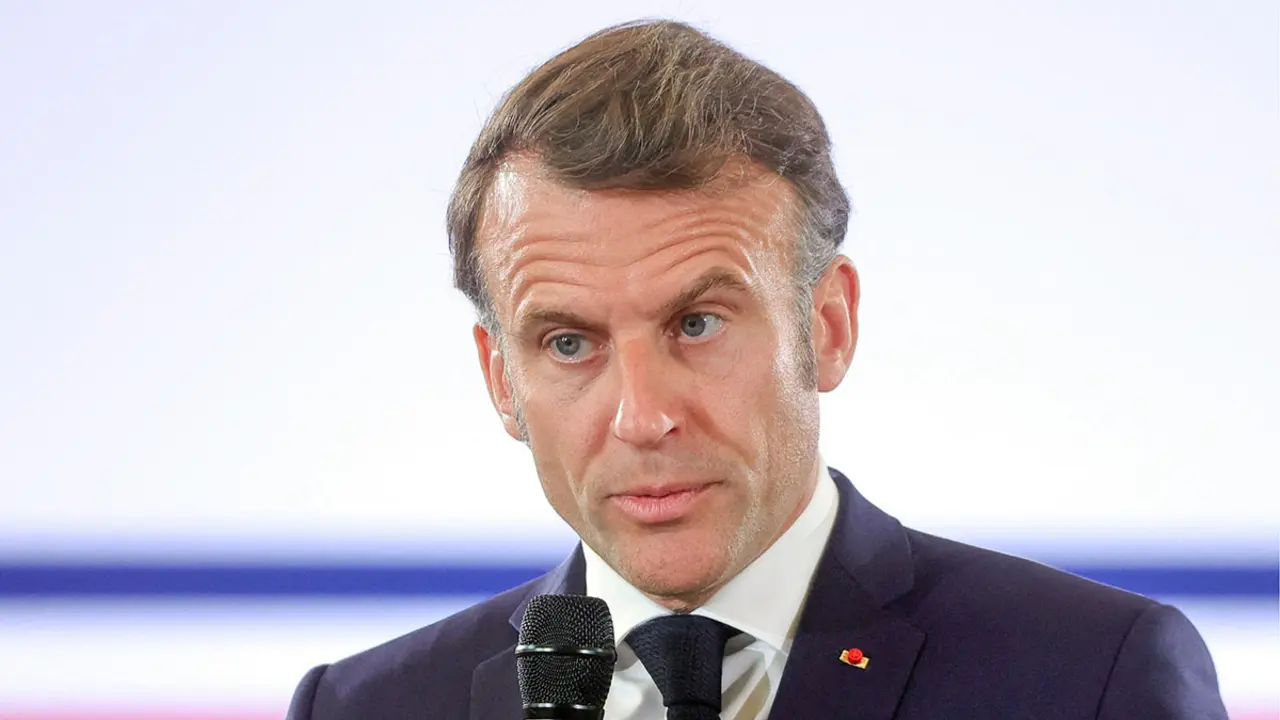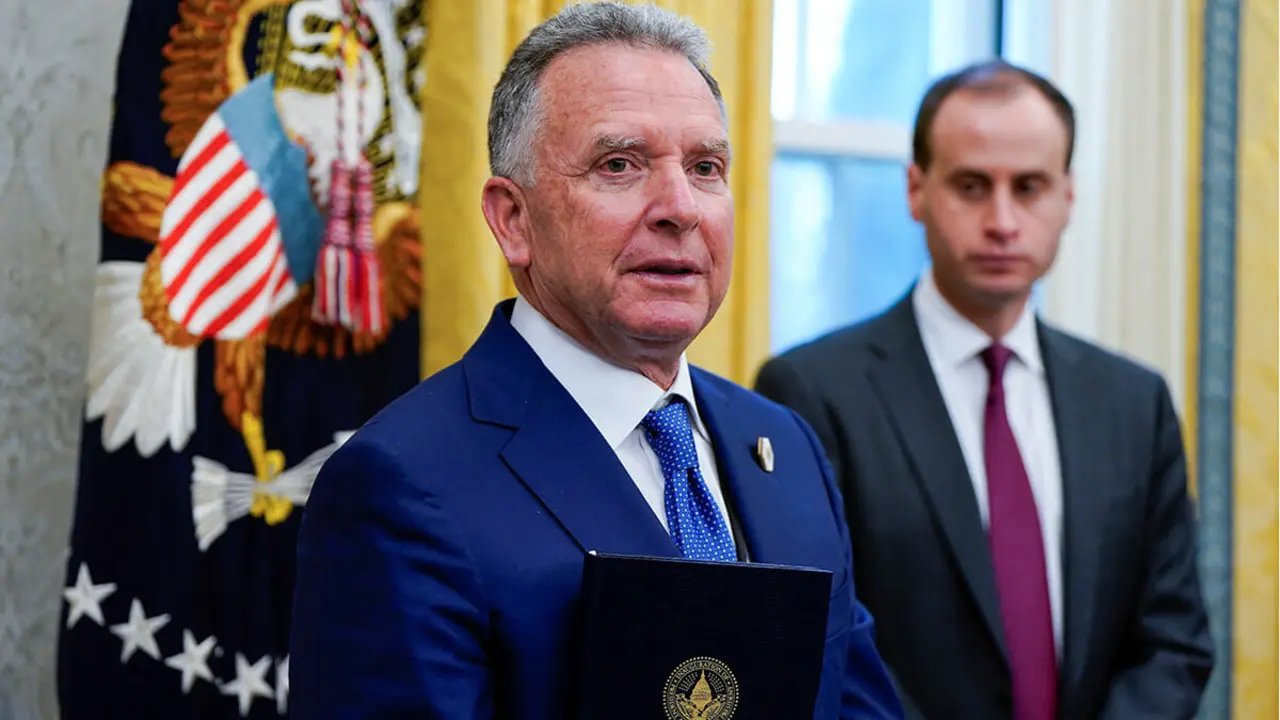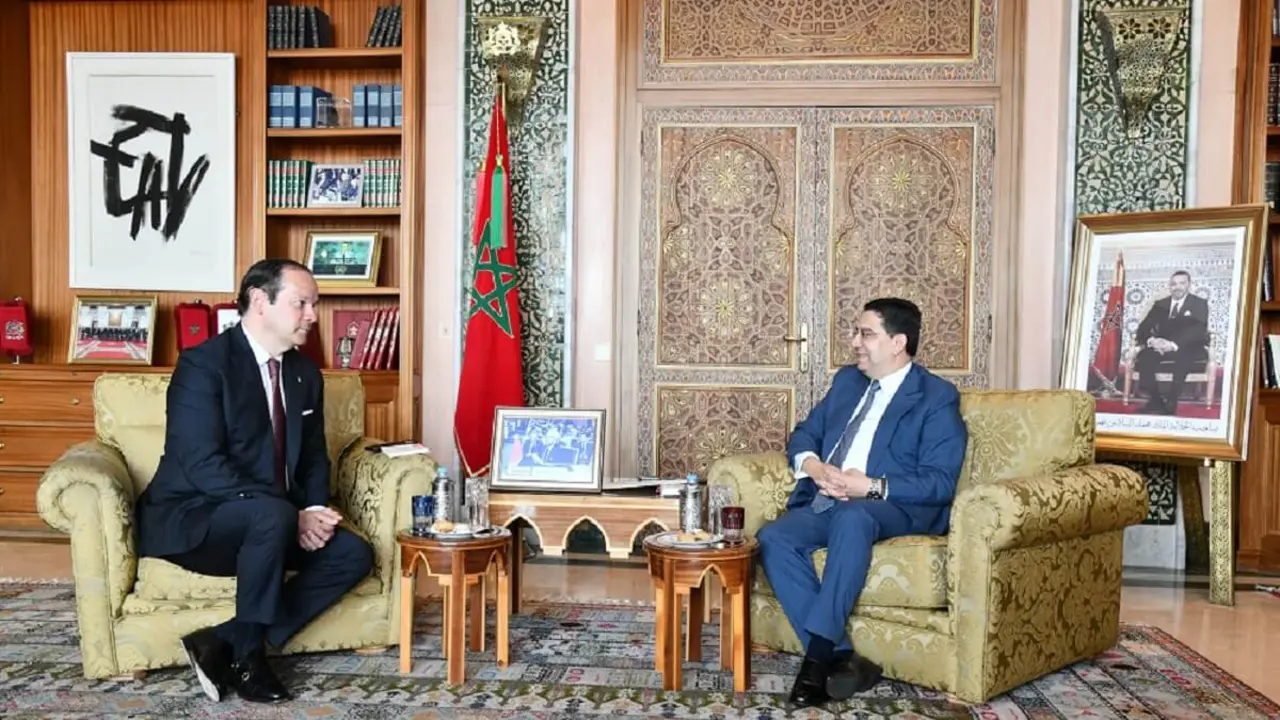The most important challenges for Afghanistan in 2022
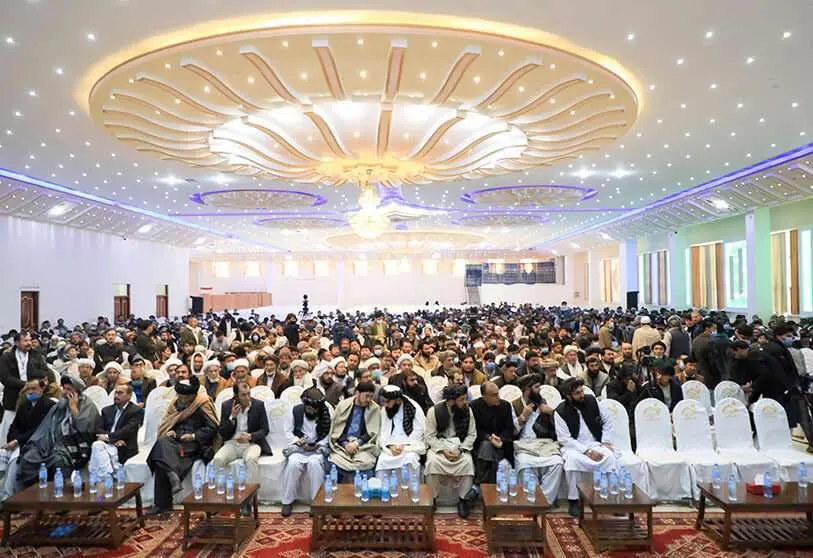
Afghanistan faces a wide range of challenges in 2022, from alleviating the severe economic and humanitarian crisis to gaining international recognition for the new Taliban regime.
INCLUSIVE GOVERNMENT
The Taliban face the challenge of forming an inclusive government, following criticism of their interim government for being largely made up of religious members of the Islamist formation, who are also ethnic Pashtuns and without representation from other minorities.
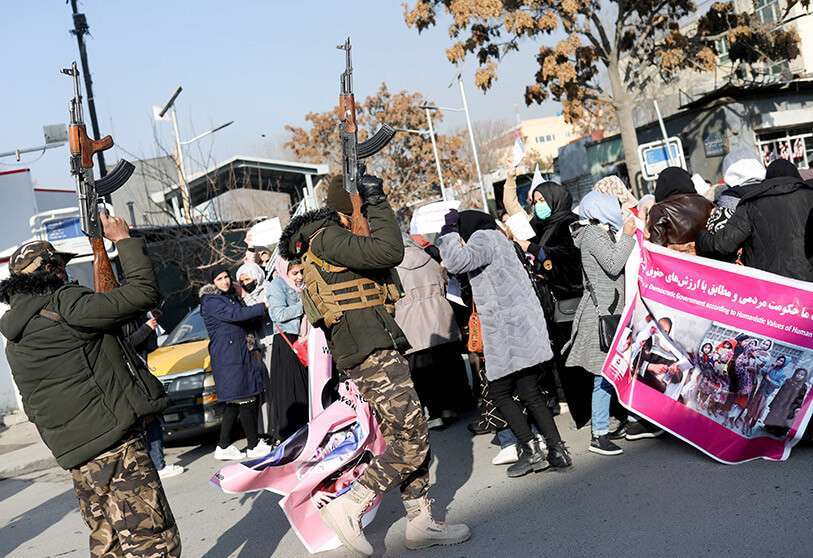
This lack of inclusiveness, which also excludes women, has raised fears that Afghanistan is heading for a new civil war like the one that ravaged the country in the 1990s before the Taliban first seized power in 1996.
WOMEN'S RIGHTS
Despite promises of change compared to their previous regime, the Taliban have so far restricted the rights of Afghan women.
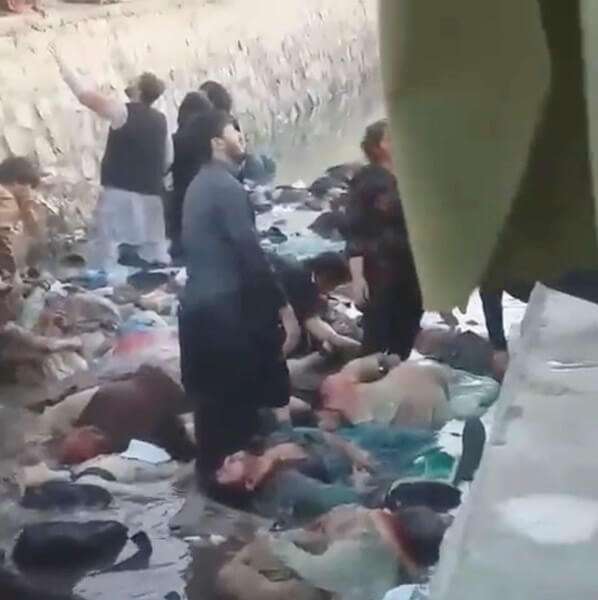
The fundamentalist regime has insisted since coming to power that women will eventually be able to return to work or school, but first a framework must be created for them to do so within the limits of Shari'a or Islamic law.
HALTING THE ADVANCE OF THE ISLAMIC STATE
The Islamic State (IS) has claimed responsibility for the worst terrorist attacks in Afghanistan since the Taliban took control, most notably the 17 August suicide attack on Kabul airport that killed 170 people trying to flee the country.
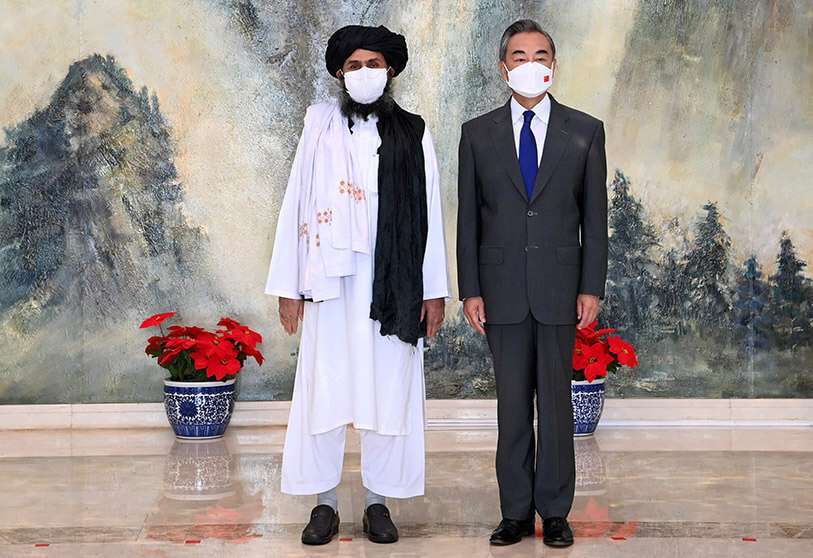
The jihadist formation could become one of the most serious problems for Afghanistan by 2022 if the Taliban, who have launched an operation criticised by human rights organisations for cases of torture and extrajudicial killings, do not put a stop to it.
INTERNATIONAL RECOGNITION
Despite having captured power, the Taliban have not achieved recognition by the international community in 2021, as so far no country has taken that step, not even the nations seen as closest to the regime, such as Pakistan or China.
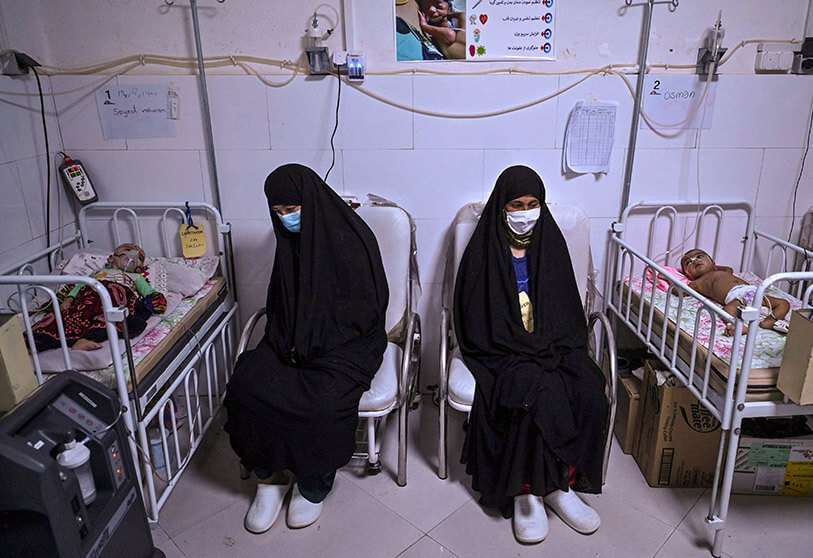
The fundamentalists submitted their official application for recognition to the UN last September, claiming that they had the right to represent their country because they had full control of the territory and in the power vacuum left by a government that had fled Kabul, a decision that is for the moment in limbo.
THE HUMANITARIAN CRISIS
After two decades of war, the humanitarian crisis in Afghanistan worsened with the Taliban's capture of power to the point where, according to the latest World Food Programme (WFP) report, 95 % of the Afghan population does not have access to sufficient food and some 23 million people are facing severe losses.
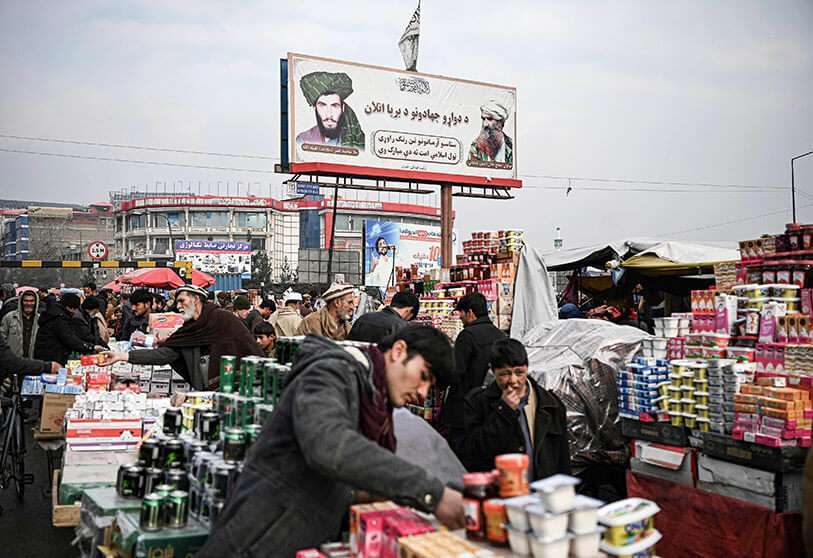
The Taliban are hoping for support from the international community and the reactivation of reconstruction funds to address the severe economic and humanitarian crisis in the country.
RELAUNCHING THE ECONOMY
The total freezing of aid from the international community, which accounted for some 43% of the country's gross domestic product (GDP) according to World Bank figures, was a major blow to an economy that has been heavily dependent on foreign donations for the past 20 years.
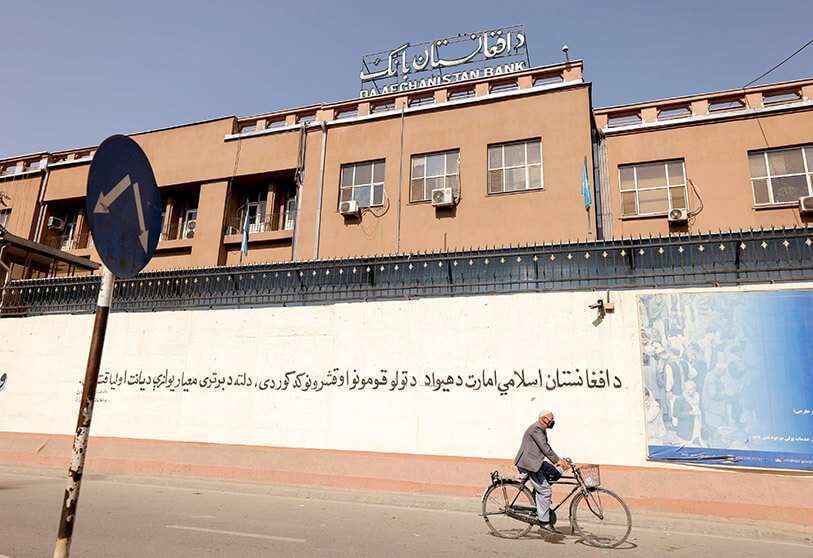
Restoring the economy is one of the biggest challenges facing the Taliban and it remains a mystery how they will tackle Afghanistan's deteriorating economic situation, even though the G20 countries agreed in mid-October on a range of aid and both the United Nations and the United States announced waivers for humanitarian aid to Afghanistan.
UNFREEZE BANK ASSETS
The Taliban's rise to power on 15 August was accompanied by the freezing of billions of dollars in financial assets by the international community, including $10 billion held by the US Federal Reserve.
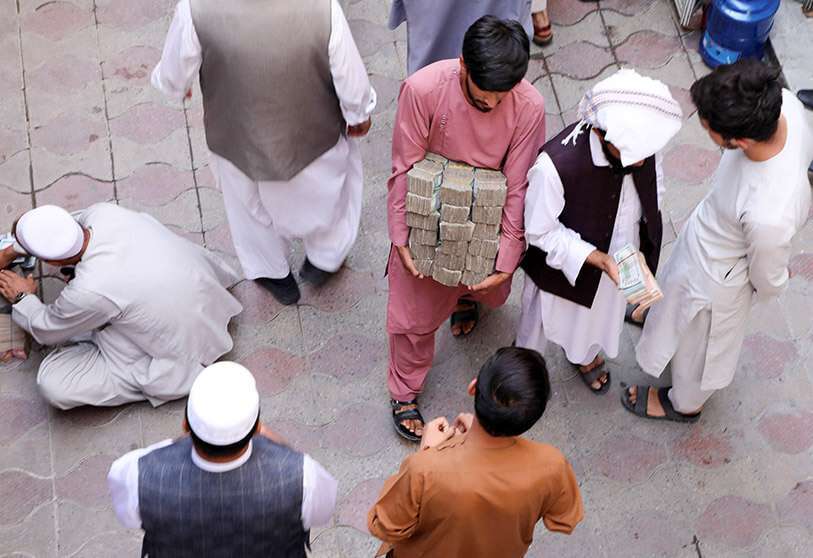
The release of these billions of dollars could be a turning point in alleviating the severe economic crisis in Afghanistan, as well as the lack of liquidity that forced the Taliban to impose limits on the amount of cash that can be withdrawn from banks on a weekly basis.
ENDING FOREIGN DEPENDENCE
The total freeze on aid from the international community, which accounted for about 43 % of the country's gross domestic product (GDP) according to World Bank figures, has stifled the Afghan economy.

The Taliban, while welcoming steps by the international community to circumvent sanctions and send humanitarian aid to Afghanistan, hope to boost the Afghan economy and limit dependence on imports.
ALLOWING PEOPLE TO LEAVE THE COUNTRY
The arrival of the fundamentalists, whose first government between 1996 and 2001 was marked by its strict interpretation of Sharia (Islamic law) and human rights violations, led to the exodus of large numbers of citizens.
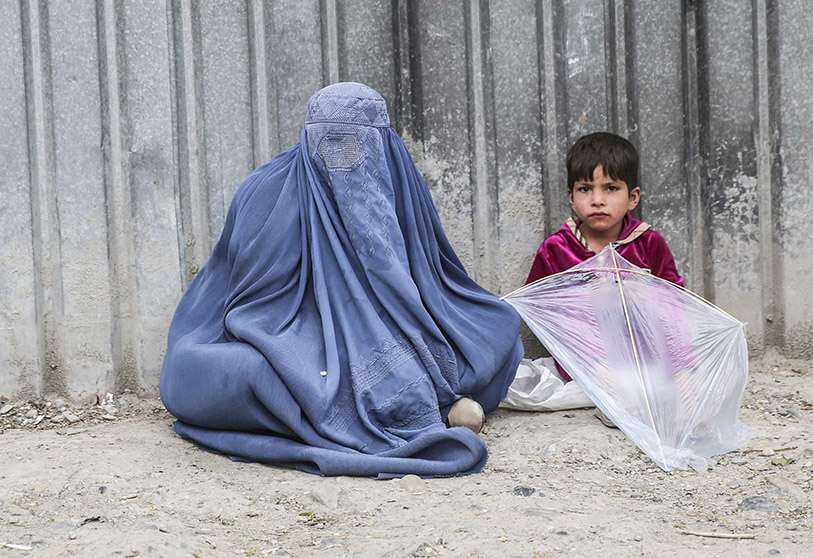
The Taliban have pledged to allow Afghans with valid documentation to go abroad and, although they resumed the distribution of passports on 5 October, the process remains fraught with difficulties.
ENDING HUMAN RIGHTS ABUSES
The Taliban declared a general amnesty after regaining power but have since been accused by several international bodies of extrajudicial killings of dozens of people.
The UN Human Rights Office reported in mid-December that the Taliban regime has executed at least 72 people linked to the former government and its security forces, often using brutal methods such as hangings and beheadings.

